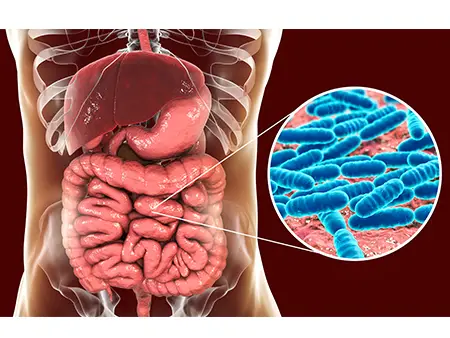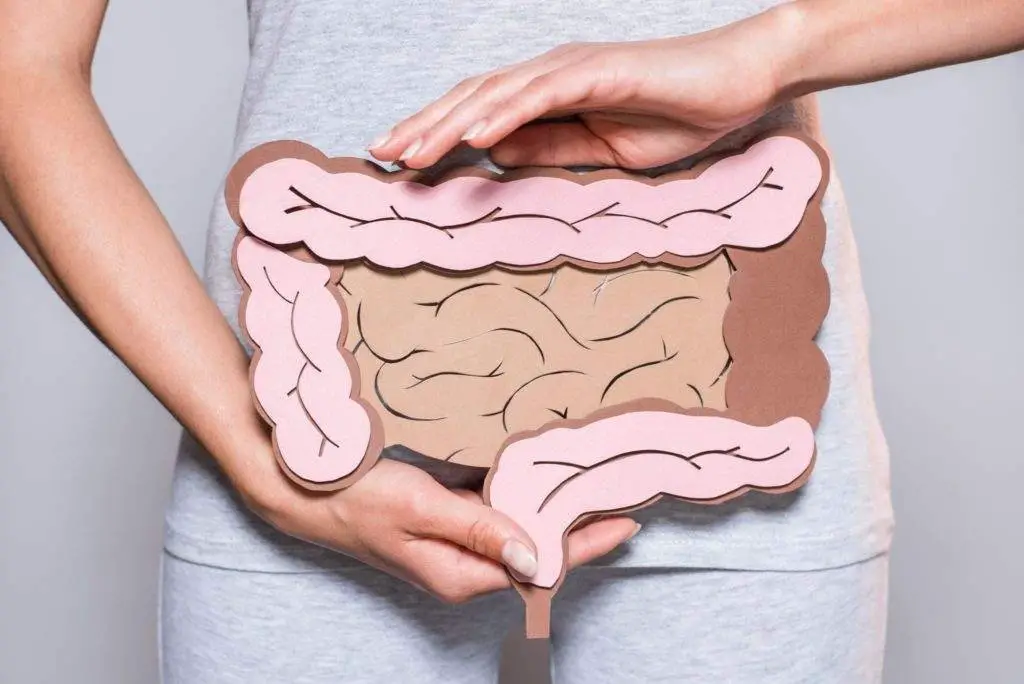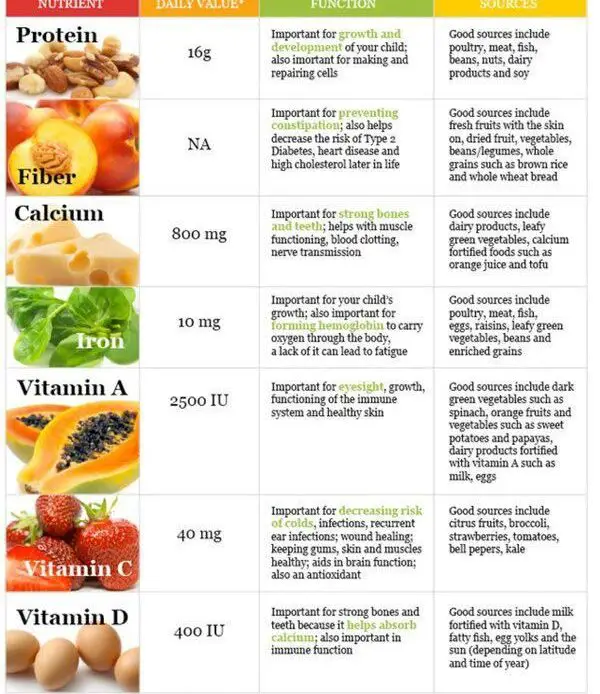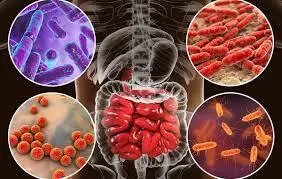What are ultra processed foods?
These are products that have been significantly altered from their original state through the addition of various chemicals, preservatives, and artificial ingredients. Think of items like sugary cereals, sodas, packaged snacks, and ready-to-eat meals. They’re designed for convenience and a long shelf life, but the trade-off is often a lack of nutritional value and an array of health concerns.
The consumption of ultra-processed foods has skyrocketed in recent decades, driven by the demands of modern living. Unfortunately, while these foods might be easy on the taste buds and the wallet, they can wreak havoc on our bodies, particularly on our gut health.
What is the Gut Microbiome?

The gut microbiome refers to the trillions of microorganisms residing in your intestines, including bacteria, viruses, and fungi. This complex ecosystem plays a crucial role in your overall health, influencing everything from digestion to immune function. A healthy gut microbiome is diverse, with a balance of beneficial bacteria that help break down food, produce essential nutrients, and protect against harmful pathogens.
When the microbiome is balanced, it supports not only physical health but also mental well-being. This is because the gut is intricately linked to the brain through the gut-brain axis, a communication network that allows the gut to influence mood and cognition.
The Impact of Ultra-Processed Foods on Gut Health

Disruption of the Gut Microbiome
Ultra-processed foods are typically loaded with additives, preservatives, artificial sweeteners, and emulsifiers—all of which can disturb the delicate balance of the gut microbiome. These substances may not only harm beneficial bacteria but also encourage the growth of harmful strains, leading to a condition known as gut dysbiosis. Dysbiosis is an imbalance in the gut microbiome that has been linked to a variety of health issues, including obesity, diabetes, and inflammatory bowel disease.
Moreover, the high levels of sugar and refined carbohydrates found in ultra-processed foods can feed harmful bacteria and yeast in the gut, promoting their growth over the beneficial bacteria that help maintain gut health.
Inflammation and Gut Health
Ultra-processed foods are often laden with ingredients that your body doesn’t naturally recognize, leading to a series of adverse reactions. Among the most worrisome of these reactions is the body’s inflammatory response.
Understanding Inflammation from Ultra-Processed Foods
Inflammation is a natural defense mechanism that your body uses to protect itself from harm. When you get injured or face an infection, your immune system triggers inflammation to help heal the wound or fight off the pathogen. This is known as acute inflammation, which is beneficial and necessary. However, the inflammation triggered by ultra-processed foods is different. It’s often chronic, meaning it persists over time, and can have detrimental effects on your health.
The Role of Trans Fats, Artificial Additives, and Refined Sugars
Trans fats, often found in fried foods, baked goods, and many processed snacks, are particularly notorious for promoting inflammation. Unlike healthy fats found in nuts, seeds, and fish, trans fats have a chemical structure that makes them difficult for the body to process. This can lead to the accumulation of harmful substances in the bloodstream, prompting the immune system to respond with inflammation.
Artificial additives like preservatives, colorants, and flavor enhancers are designed to extend the shelf life of foods or make them more appealing. However, many of these substances can irritate the gut lining and disrupt the natural balance of gut bacteria. This irritation can trigger an inflammatory response as the body attempts to protect itself from these perceived threats.
Refined sugars, commonly found in sugary drinks, candies, and desserts, are rapidly absorbed into the bloodstream, causing spikes in blood sugar levels. High blood sugar can lead to the production of advanced glycation end products (AGEs), which are compounds that contribute to inflammation and oxidative stress. Additionally, excessive sugar intake can alter the composition of the gut microbiome, favoring the growth of harmful bacteria that further promote inflammation.
Chronic Inflammation and the Breakdown of the Intestinal Lining
When you consistently consume ultra-processed foods, the low-level inflammation they cause can become chronic. Over time, this chronic inflammation can wear down the intestinal lining, leading to increased permeability—a condition commonly referred to as leaky gut syndrome.
The intestinal lining is made up of tightly packed cells that act as a barrier, preventing harmful substances from entering the bloodstream. However, chronic inflammation can weaken the connections between these cells, creating gaps that allow toxins, microbes, and partially digested food particles to “leak” out of the intestines and into the bloodstream.
The Far-Reaching Effects of Leaky Gut Syndrome
Once these foreign substances enter the bloodstream, the immune system identifies them as threats, leading to a widespread inflammatory response throughout the body. This systemic inflammation can contribute to a variety of health issues, including autoimmune diseases. In autoimmune conditions, the immune system mistakenly attacks the body’s own tissues, which can lead to diseases like rheumatoid arthritis, lupus, and multiple sclerosis.
Furthermore, the toxins and pathogens that escape from the gut can travel to other parts of the body, potentially contributing to chronic conditions such as heart disease, diabetes, and even neurological disorders like Alzheimer’s disease.
The Vicious Cycle of Inflammation and Gut Health
Leaky gut syndrome and the chronic inflammation it causes can create a vicious cycle. As the gut barrier becomes more permeable, more harmful substances escape into the bloodstream, leading to further inflammation. This ongoing cycle can perpetuate gut dysbiosis—a state where harmful bacteria outnumber beneficial ones—worsening gut health and further aggravating inflammation.
Addressing this issue requires a holistic approach to diet and lifestyle. Reducing the intake of ultra-processed foods, managing stress, and incorporating anti-inflammatory foods like fruits, vegetables, whole grains, and omega-3 rich foods into your diet can help break this cycle and restore gut health.
Fiber Deficiency in Ultra-Processed Foods

One of the most significant deficiencies in ultra-processed foods is dietary fiber. Fiber plays a crucial role in maintaining a healthy gut, as it provides nourishment for beneficial bacteria in the microbiome. These bacteria ferment fiber into short-chain fatty acids (SCFAs), such as butyrate, which have anti-inflammatory properties and help maintain the integrity of the intestinal lining.
Dietary fiber is essential for maintaining a healthy gut. It serves as food for the beneficial bacteria in the microbiome, helping them to thrive and produce short-chain fatty acids (SCFAs) that are vital for gut health. However, ultra-processed foods are often low in fiber, which means they do little to nourish your gut bacteria.
A diet high in ultra-processed foods and low in fiber can lead to constipation, a slower digestive process, and an increased risk of developing gut-related disorders like diverticulitis and hemorrhoids. Without enough fiber, the gut microbiome becomes less diverse, which can further exacerbate health issues
When your diet is low in fiber, the beneficial bacteria in your gut are deprived of their primary food source. This can lead to a reduction in their numbers, allowing harmful bacteria to proliferate—a condition known as gut dysbiosis. Over time, this imbalance can contribute to digestive disorders like constipation, irritable bowel syndrome (IBS), and an increased risk of colon cancer..
Long-Term Consequences of Consuming Ultra-Processed Foods

1. Increased Risk of Gut-Related Diseases
Over time, the disruption of the gut microbiome caused by ultra-processed foods can lead to more serious health conditions. For example, dysbiosis has been linked to the development of Irritable Bowel Syndrome (IBS), a chronic condition that causes symptoms like abdominal pain, bloating, and altered bowel habits. Another potential outcome is leaky gut syndrome, which, as mentioned earlier, can contribute to systemic inflammation and increase the risk of autoimmune diseases.
Perhaps most concerning is the link between ultra-processed foods and colorectal cancer. Studies have shown that a diet high in ultra-processed foods is associated with an increased risk of developing colorectal cancer, likely due to the inflammatory and microbiome-disrupting effects of these foods.
2. Increased Risk of Obesity
Ultra-processed foods are often high in calories, sugar, unhealthy fats, and additives while being low in essential nutrients. These foods are designed to be hyper-palatable, leading to overeating and weight gain over time. Chronic consumption can result in obesity, which is a risk factor for numerous other health conditions, including heart disease, diabetes, and certain cancers.
3. Development of Type 2 Diabetes
The high levels of refined carbohydrates, sugars, and unhealthy fats found in ultra-processed foods contribute to insulin resistance, a precursor to type 2 diabetes. Long-term consumption can disrupt glucose metabolism, leading to sustained elevated blood sugar levels and eventually the onset of type 2 diabetes.
4. Cardiovascular Disease
Diets rich in ultra-processed foods are associated with a higher risk of developing cardiovascular diseases, including hypertension, heart attacks, and strokes. These foods often contain trans fats, sodium, and added sugars, all of which contribute to high blood pressure, cholesterol levels, and inflammation, key drivers of heart disease.
5. Increased Risk of Certain Cancers
Regular consumption of ultra-processed foods has been linked to an increased risk of certain cancers, particularly colorectal cancer. This is thought to be due to the presence of carcinogenic substances formed during the processing of these foods, such as acrylamide, as well as their high content of unhealthy fats, sugars, and low nutritional value. The lack of protective nutrients, such as fiber, vitamins, and minerals, further exacerbates this risk.
Nutrient Deficiencies and Gut Health
Ultra-processed foods are designed for convenience, affordability, and taste, but these benefits often come at the expense of nutritional value. Unlike whole foods, which are rich in essential nutrients, ultra-processed foods are often stripped of their natural nutrients during manufacturing. They are then fortified with synthetic vitamins and minerals, but this is not enough to replicate the nutritional complexity of whole foods. The resulting nutrient deficiencies can have a profound impact on gut health, leading to a cascade of negative effects throughout the body.
Deficiency in Essential Vitamins and Minerals
Ultra-processed foods are often deficient in essential vitamins and minerals such as vitamins A, C, D, E, and K, as well as minerals like magnesium, zinc, and iron. These nutrients are vital for maintaining various bodily functions, including gut health.
- Vitamin D: This fat-soluble vitamin is crucial for immune function and has been shown to play a role in maintaining the gut barrier. A deficiency in vitamin D can lead to a weakened immune response in the gut, making it more susceptible to infections and inflammation.
- Magnesium: This mineral is essential for hundreds of enzymatic reactions in the body, including those that regulate muscle and nerve function. A deficiency in magnesium can lead to disruptions in bowel motility, contributing to conditions like constipation and IBS.
- Zinc: Zinc is important for the maintenance of the gut lining and the production of digestive enzymes. A lack of zinc can impair the gut’s ability to repair itself and reduce its capacity to digest and absorb nutrients properly, leading to malnutrition and further gut damage.
- Vitamin A: This vitamin is vital for maintaining the integrity of the mucosal surfaces in the gut, which act as a barrier against pathogens. A deficiency in vitamin A can compromise this barrier, leading to increased susceptibility to infections and inflammation.
The Role of Synthetic Additives and Preservatives
In an attempt to compensate for the lack of natural nutrients, ultra-processed foods are often fortified with synthetic vitamins and minerals. However, these additives are not always as bioavailable or effective as the nutrients found in whole foods. Additionally, the presence of synthetic additives and preservatives can further disrupt gut health. For example, emulsifiers and artificial sweeteners commonly found in ultra-processed foods have been shown to alter gut bacteria and promote inflammation, exacerbating the negative impact of nutrient deficiencies.
Consequences of Nutrient Deficiencies on Gut Health

The cumulative effect of these nutrient deficiencies is a weakened gut environment that is less able to perform its essential functions. A lack of fiber, vitamins, and minerals can impair digestion, reduce nutrient absorption, and lead to chronic gastrointestinal issues like bloating, gas, and irregular bowel movements.
Moreover, these deficiencies can compromise the gut’s immune system, making it less effective at protecting against pathogens and more prone to chronic inflammation. This can set the stage for more serious conditions such as inflammatory bowel disease (IBD), leaky gut syndrome, and even colorectal cancer.
Long-Term Implications
Over time, the effects of nutrient deficiencies in ultra-processed foods can extend beyond the gut, impacting overall health and well-being. For example, chronic gut inflammation and dysbiosis have been linked to systemic issues such as obesity, type 2 diabetes, cardiovascular disease, and mental health disorders like depression and anxiety. This is because the gut is not an isolated organ; it interacts with multiple systems in the body, and its dysfunction can have far-reaching consequences.
Frequently Asked Questions
What defines ultra processed foods?
- Ultra processed foods undergo extensive industrial processing and contain additives.
Can I improve my gut health without completely eliminating ultra processed foods?
- Yes, moderation and balancing with whole foods can help support gut health.
Are all additives in ultra processed foods harmful to gut health?
- Some additives may impact gut health negatively; choosing minimally processed options can reduce exposure.
How quickly can gut health improve with dietary changes?
- Improvement varies by individual; noticeable changes can occur within weeks to months.
What role does gut health play in immunity?
- A healthy gut supports a robust immune system, influencing overall health and disease prevention.

